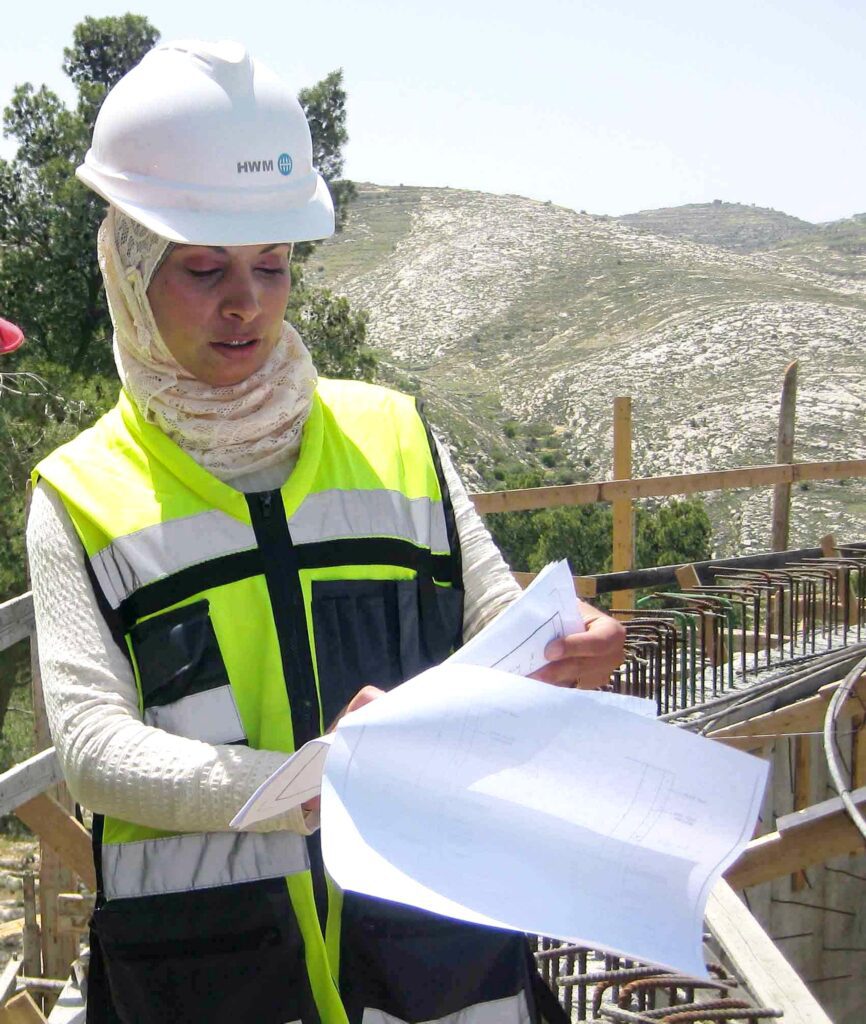Practical strategies to combat Unconscious Bias in Field Engineering
Have you ever visited a customer site on a service or sales call and got the feeling that you are not who they were expecting? Have you experienced unconscious bias?
Or have you been for an interview for a Service Engineer or Field Engineer vacancy and got the feeling that you are not who they were expecting?
What is it about you that they are reacting to?
What does a field engineer look and sound like?
How does a field engineer interact and communicate?
Types of unconscious bias faced by field engineers


If you have never felt any unease on any customer visit or job interview. Or if you have never felt out of place, why do you think that is?
What is it about you that makes you feel at ease and accepted?
The answer to,
“What does a field engineer look and sound like?”,
and
“How does a field engineer interact and communicate?”
is of course, it depends.
However, a lot of the people who recruit, manage, promote, and select field engineers have an idea in mind. It might be conscious but, it is more likely to be unconscious.
The same is true for the customers and clients on site who are waiting for a field engineer to arrive to fix their urgent breakdown or issue.
In general, people expect what or who has come before, or what or who has been successful before. Unconsciously, they are expecting a repeat in terms of who arrives.
What sort of unconscious bias do Field Engineers face?
There are many different types of unconscious bias being identified and written about. To start with, here are eight to address in field engineering.
Women Engineers
Engineers returning after a career break because of having had time off for:
Their own health
Parental leave
Caring for someone
Further study
Working parents
Immigrant engineers
Older engineers
Engineers who don’t appear physically strong
Engineer speaking a different language
Engineers who don’t fit the stereotype of typical engineers in that field
Women facing unconscious bias
What sort of unconscious bias do they face?
Physical strength
Can’t work in all male environments
What is the counter argument?
Physical strength is not the only thing needed, field engineers also need agility because of small spaces and nimbleness of fingers.
A lot of women engineers have been accustomed to working in male teams and all male environments and do not find it difficult.
Mixed gender teams often outperform all male teams.
Career break
What sort of unconscious bias do they face?
Lack of recent experience
What is the counter argument?
Most people taking a career break keep themselves up to date. In fact, they may have more time to read about their industry, learn a new skill, update their IT skills or learn a language.
They may also have had a chance to work on their fitness.
They may come back refreshed with new ideas and approaches.
Working parents
What sort of unconscious bias do they face?
They can’t do the long hours and/or won’t be able to do the travel. There’s a chance that they may have another parental leave.
The unconscious bias is then that it is not worth introducing them to the customer or training them on new equipment.
What is the counter argument?
Working parents plan their return to the workplace and have strategies in place for childcare. After a break they will return with new ideas, new ways of tackling issues and enthusiasm for a role they have probably missed. They already know the company, the products, the team, the customers and so don’t need to be trained. The most they will need is a refresher course.
Immigrant Engineers
What sort of unconscious bias do they face?
Immigrants – may not communicate well with local customers or understand local work practices.
What is the counter argument?
Immigrants tend to learn fast, adapt quickly, and have all sorts of skills because of moving countries. They also speak at least two languages and in general the more languages an engineer speaks, the better they will be at communicating in any language.
Older engineers facing unconscious bias


What sort of unconscious bias do they face?
Age means that they can’t handle long hours, or travel. They may be out of date, skills may have deteriorated, may not be up to date with technology. They may no longer be flexible.
What is the counter argument?
Age and experience bring wisdom and more patience. An experienced engineer will have seen lots of varied situations and types of equipment and so are more likely to be able to troubleshoot the more difficult issues. They will have developed great communication skills with all the people they encounter. They will be more philosophical and calmer when things are not working.
Engineers who don’t appear physically strong
What sort of unconscious bias do they face?
A lot of people equate size and a certain shape with strength.
What is the counter argument?
Appearance can be deceptive, and judgements need to be delayed.
Engineer speaking a different language
What sort of unconscious bias do they face?
Level in a language may be equated with intelligence, level of competence and amount of experience.
What is the counter argument?
An engineer who speaks more than one language will have better overall communication skills. In any language people can understand more than they can say. Machines and equipment are not influenced by the language of the engineer who is expertly and competently repairing or servicing them!
Engineers who don’t fit the stereotype of typical engineers in that field


What sort of unconscious bias do they face?
A customer with an urgent problem, particularly one which has stopped production, will be hoping for the engineer or engineers who have solved their issues before.
If someone different arrives, this is where unconscious bias can develop. Similarly, if the engineer resembles the past engineer, or the type of people working on the customer site, they may be greeted warmly and the customer’s confidence in them will be high. If on the other hand, they do not resemble the past engineer, unconscious bias may mean that confidence in them is low, and they are treated with suspicion.
What is the counter argument?
The proof of any field engineer is in their results. The skill and ability of an engineer is not visible. Anyone can carry a tool bag, not everyone can use the contents effectively and efficiently.
Unconscious bias can also be pre-empted by a senior or established engineer or engineer known to the customer introducing the new engineer. This can be in person or in advance of the site visit by a phone call or message. If the existing engineer highlights the similarities and why the particular engineer has been chosen, it will pre-empt any unconscious bias.


Overall change is needed to prevent unconscious bias
One overall change needs to be with recruitment, and in particular to avoid unconscious bias in the wording of job descriptions. There are gender decoders available to check this.
Mentoring is key and appreciated by all field engineers. Giving an engineer a mentor will help them to counter any bias they may encounter and will support them to develop.
Promotion and which engineer is selected for a particular project needs to be neutral and unbiased. How is the person being chosen? What are the criteria?
All parts of an organisation need to challenge the status quo.
One thing which is simple, but a good starting point is to be considerate of all engineers, polite and thoughtful.
First visits to a customer site need to be managed well. If you are the team leader, then ‘sell’ your new field engineer, give them a good introduction and emphasise the confidence you have in them
Consider sending a senior engineer with the new engineer for the first visit is always helpful and is vital in some countries.
Further Reading
Begum Demirtas is the first woman to join the wind turbine support team at Vestas, Skane, Sweden.
Luiza Culeașcă – a woman Biomedical Engineer for Siemens Healthineers in Romania
Girls shun physics A-level as they dislike ‘hard maths’, says social mobility head
Expert reaction to Katharine Birbalsingh’s comments on physics at a Science and Technology Committee inquiry hearing


Responses